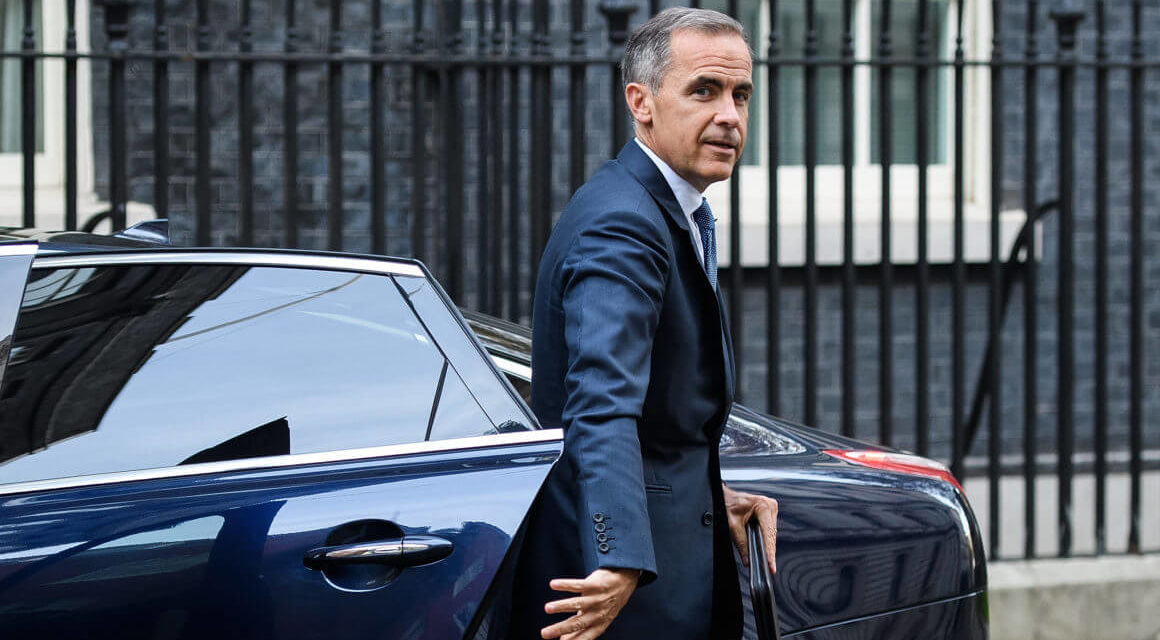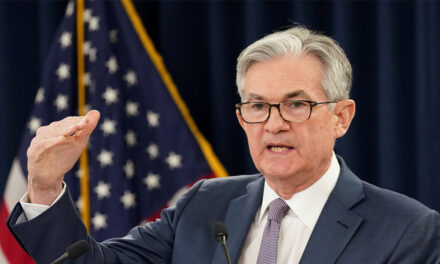A former banker is calling out his old industry when it comes to the impact it has had on the environment.
Mark Carney, who once headed the central banks of Canada and the United Kingdom, is browbeating the heads of some of the world’s leading financial institutions to foot the bill of their environmental follies.
Carney’s initiative is considered a revolutionary – even incendiary – move in the global corporate scene. If he’s successful, the financial sector may cough up the $150 trillion necessary for making all the relevant changes. This includes constructing renewable power facilities, full upgrades to electric grids, considering and implementing changes to the practice of agriculture, and even mothball power plants that run on fossil fuels and use conventional generation methods.
A tough crowd to sell to
According to Carney, his progress has been slow.
While he got the Bank of America, Citigroup, and Morgan Stanley to make the shift to lower carbon emissions earlier this year, pitching the notion of paying for climate change to the rest of Wall Street has been an uphill climb.
The US Big Three – JP Morgan, Wells Fargo, and Goldman Sachs – have pushed back against Carney’s push for net-zero changes. Even in his own native Canada, financial institutions are still slow to adapt, possibly because Carney’s own political ambitions color their perceptions. It has also been frustrating that the biggest banks in Asia and Australia have yet to come on board.
Truth be told, however, Carney just wants banks to agree to follow the protocol mandated by the UN’s environmental matters group. On paper, these are quite simple: ensuring that each bank lends and invests less in carbon-heavy industries; investing more into the creation and implementation of sustainable technologies; and the transparent disclosure of how sustainability measures have progressed on an annual basis.
Banks, however, are eyeing these measures warily as it would put them under pressure to decline or even blacklist clients who fail to comply with new eco-friendly or net-zero standards.
The biggest hurdle in Carney’s campaign involves JPMorgan, specifically its CEO Jamie Dimon. According to insiders, Dimon has spoken disparagingly of Carney’s efforts behind closed doors. He also expressed concerns that this call for environmental accountability was in direct conflict with new regulations proposed by the US Securities and Exchange Commission.
But Carney isn’t one to give up and there have been bright spots in his campaign. In September of this year, UK Prime Minister Boris Johnson came to the US to demand a more proactive stance from Wall Street when it came to climate change. Indeed, as of last week, 34 of the world’s 50 biggest banks have already committed to Carney’s initiative.















